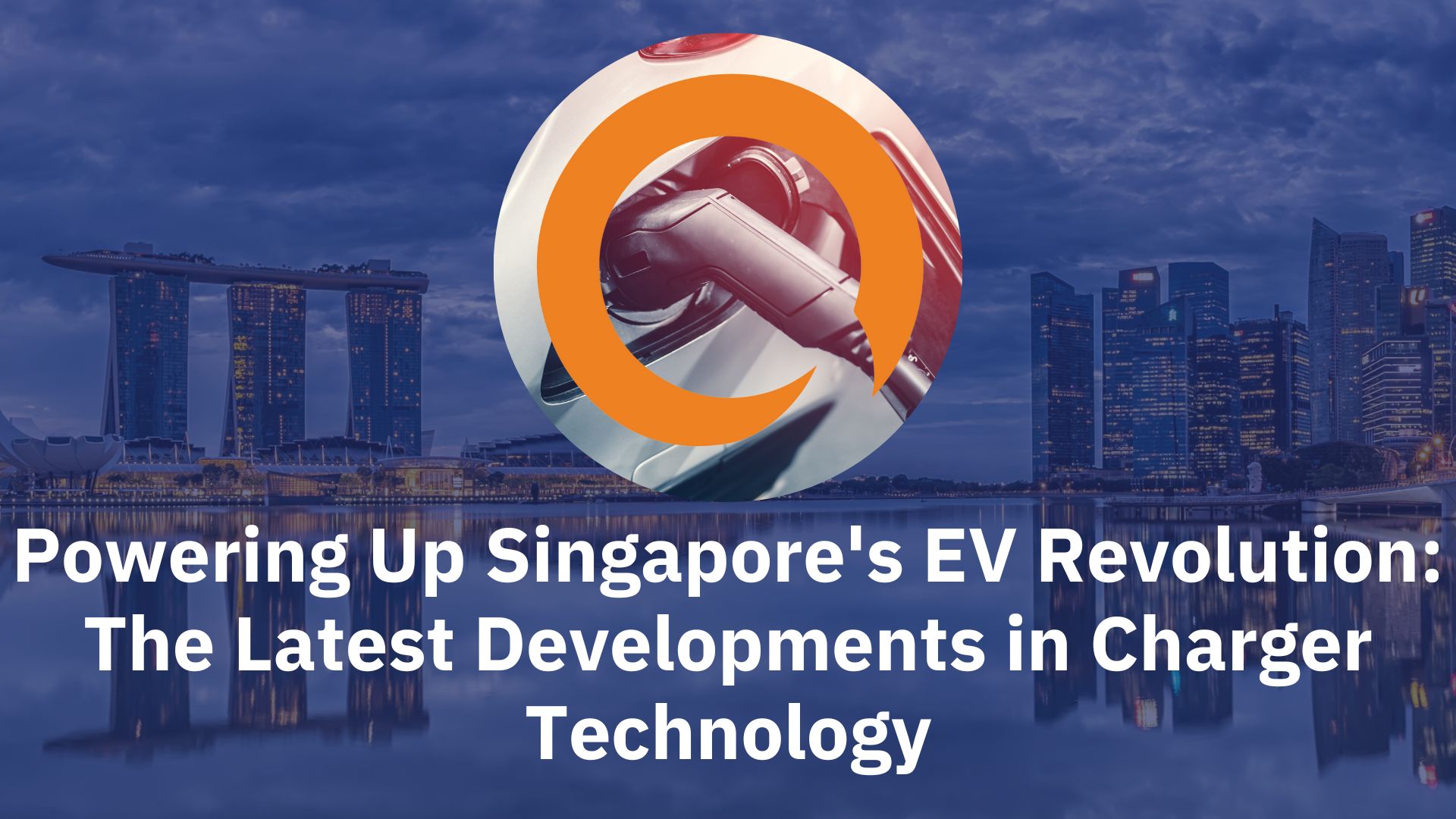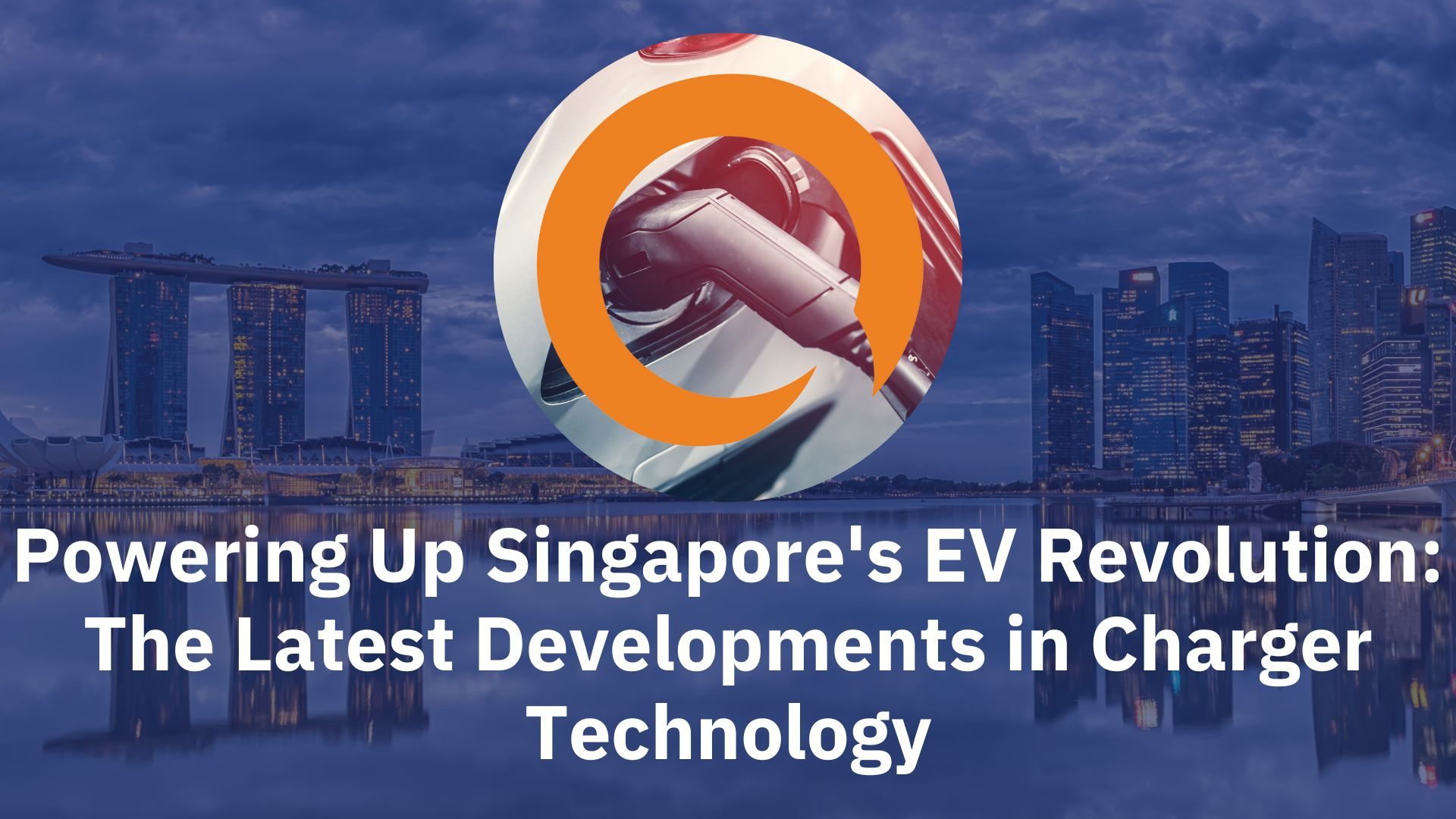
Electric vehicles (EVs) are gaining traction in Singapore, and the need for advanced EV charger technology is on the rise. In this article, we’ll explore the latest developments in charger technology that are driving Singapore’s EV revolution, optimized for SEO.
Ultra-Fast Charging: Ultra-fast charging stations are being deployed in Singapore to address the need for quicker charging times. These chargers, with charging rates of up to 350 kW or more, allow EVs to charge in minutes, making long-distance travel more convenient.
High-Efficiency Chargers: High-efficiency chargers are designed to minimize energy loss during the charging process, resulting in faster charging times and reduced energy consumption. Advanced power electronics and efficient charging algorithms optimize the charging process, delivering more power to the battery.
Smart Chargers: Smart chargers enable communication and interaction between the charger, the EV, and the charging network. Integrated with mobile apps or web-based platforms, smart chargers allow users to remotely monitor and control the charging process, schedule charging sessions, and access real-time data on charging status and energy consumption. Load management and demand-side management features optimize charging during peak demand periods.
Wireless Charging: Wireless charging is gaining popularity in Singapore as a convenient solution for EV charging. Using electromagnetic fields to transfer energy, wireless chargers eliminate the need for physical connectors, making the charging process user-friendly. This technology is particularly useful for charging commercial EVs, such as electric buses.
Bidirectional Charging: Bidirectional charging, or vehicle-to-grid (V2G) technology, allows EVs to not only receive power from the grid but also feed power back into the grid. This creates a decentralized energy storage network, and Singapore is exploring its potential for grid stabilization and demand management.
Solar-Powered Chargers: Solar-powered chargers are being integrated into Singapore’s EV charging infrastructure to harness renewable energy. Equipped with solar panels, these chargers generate electricity from sunlight, reducing the carbon footprint of EV charging and supporting Singapore’s sustainability goals.
In conclusion, Singapore is embracing EVs and investing in advanced charger technology to meet the growing demand for EV charging infrastructure. Ultra-fast charging, high-efficiency chargers, smart chargers, wireless charging, bidirectional charging, and solar-powered chargers are the latest developments in EV charger technology that are driving Singapore’s EV revolution, making EV charging more convenient, efficient, and sustainable. Stay tuned for further advancements as Singapore powers up its EV revolution with cutting-edge charger technology.
